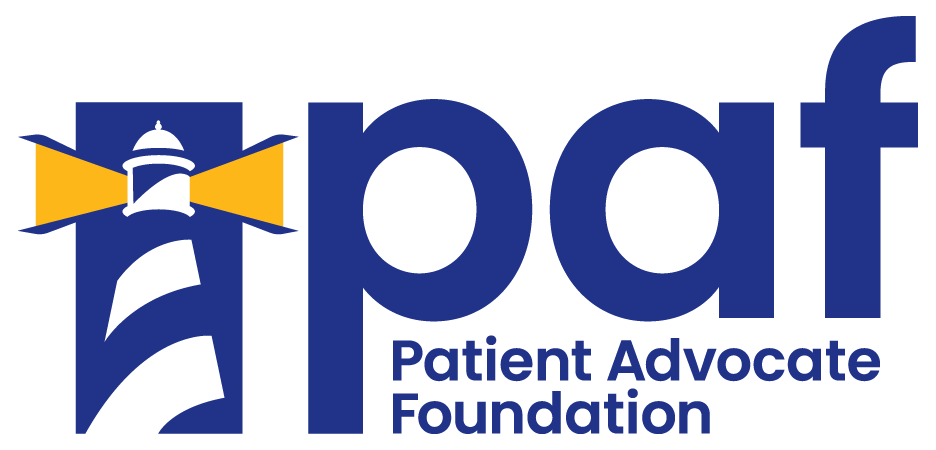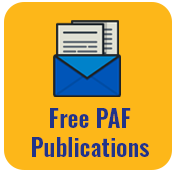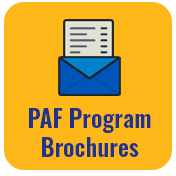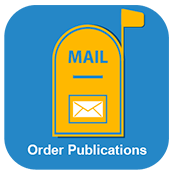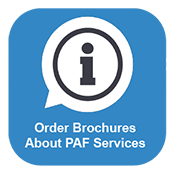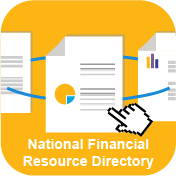Dealing with Your Medication Needs when Uninsured
Being able to consistently take a medication your doctor has prescribed for you is an important part of staying healthy and managing any chronic conditions you have. If you are having difficulty accessing prescribed medications or supplies, you may find the following action steps helpful.
- Explore store loyalty or discount drug options through large retailers, supermarket or pharmacy chains such as Walgreen’s, Wal-Mart, CVS, or Target. Contact your closest retailer to see if a comparable program exists.
- Consider generic-equivalent medications with your doctor’s approval.
- Explore mail order options as they may offer bulk discounts if you order a 3-month supply at once.
- Check with your provider to see if he/she can offer you samples of the medication you need. This is important especially if it is a new medication for you, so you will know if it is effective for you before you fill a larger order.
- Apply for national or disease specific drug assistance programs. There are also free or low-cost drug programs.
- Apply for state drug assistance programs by contacting your local state insurance commissioner’s office. You can find a link to state specific medication programs on your state webpage.
- Drug replacement programs may be available to assist you by providing medications directly to your physician’s office for your use. Discuss these programs with your treating physician.
- Many drug manufacturers offer medications to patients who are unable to afford them for free or a very minimal cost. Try contacting the manufacturer of the medication you need to inquire about any potential programs you may be eligible for.
- If you need assistance with the cost of durable medical equipment (DME) and/or specialty products such as diabetes test strips, wheelchairs, lymphedema sleeves, hearing aids, etc. it is a good idea to first make contact with the manufacturer of the product. Some manufacturers will offer discounts to uninsured patients and/or additional resources. Always inquire if there is a financial assistance program available or if payment arrangements can be made. You may also want to check with local charitable organizations in your area as they may have donated items available for purchase at a reduced cost.
TIP:
PAF’s National Financial Resource Directory can help you locate some of the programs mentioned above. Search under “Medical and Prescription Costs” and filter by Drug Manufacturer Patient Programs or Medication Costs to produce a list of possible resources.
Check out our tip sheet- A Guide for Paying for Medications.
